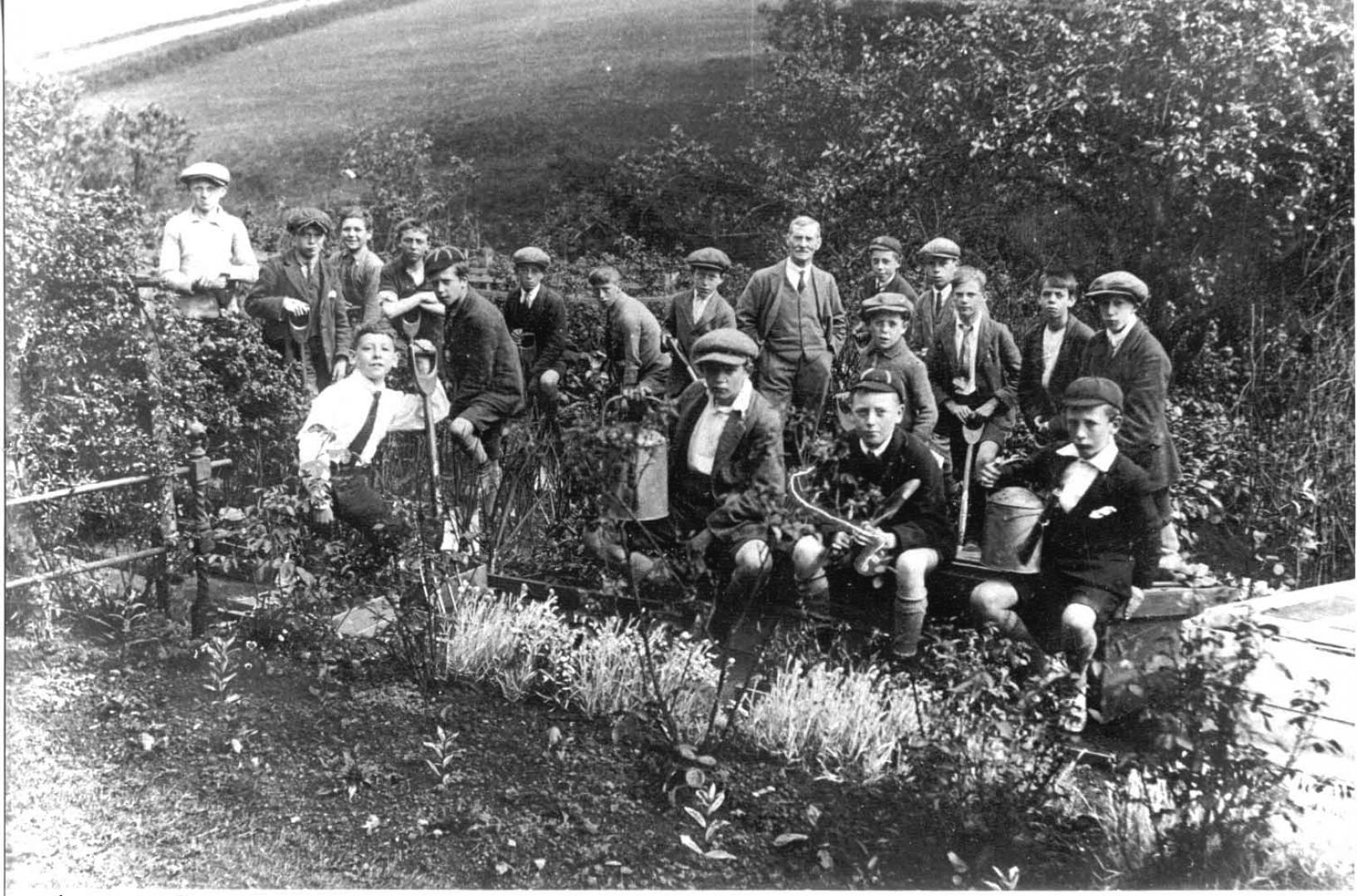PREPARATIONS for an exhibition on one of the dale’s best-loved characters are revealing much about what life was like in post-war Teesdale.
The exhibition is being put together by the Fitzhugh Library, in Middleton-in-Teesdale, to coincide with Heritage Open Days – England’s largest festival of history and culture – and is centred on its extensive Hannah Hauxwell collection.
Her uncle, Thomas Tallentire Hauxwell, was a councillor on the old rural district council at Startforth. In Miss Hauxwell’s extensive collection, paperwork from the rural district council, which covered Teesdale west of the River Tees, gives a taste of the dale after the Second World War.
There are typed copies of the annual reports of the medical officer to the rural district council. The reports cover a range of topics from the birth and death rate, the incidents of disease and the measures taken to protect and improve public health.
Cath Maddison, from the Fitzhugh Library, said: “It is incredible what we have found going through Hannah’s collection. I have learnt so much about the social history of Teesdale and how what I always thought to be true may not be so.”
The 1949 report details how ambulances were provided in Startforth. North Riding County Council was responsible for this service by arrangement with the St John’s Ambulance Brigade which had two vehicles stationed at Richmond.
The Women’s Voluntary Service provided a hospital car service.
The number of live births registered during the year was 71 and the birth rate for the district was more than that for any other part of England and Wales during 1949.
That year there were 48 deaths, from all causes, but incredibly, as in the previous year, none were women.
Sanitation was basic, even in 1949.
The report details that most houses in the district were on a privy or pail system. A privy was an outhouse with a seat over what was essentially a hole in the ground. The report notes that during the year, 12 privies were upgraded to pails and five to WCs. A pail is a bucket with a seat that was emptied on a regular basis.
Work was being carried to lay sewers but the report said: “Until parishes are properly sewered and provided with an adequate water supply, conversions cannot be entertained. Schemes are in hand for this work to be carried out.”
Some 28 new WCs had been erected during the year. Waste disposal, or scavenging as it was referred to, was of interest to the medical officer.
Two Karrier Scavenging vehicles, each with a driver and a loader, were in operation in the district, removing rubbish from Startforth and Deerbolt Army Camp. The refuse was taken to one of three tips at Mickleton, Rokeby and Barningham. These tips were “semi-controlled” with a man being employed.
The medical officer was also responsible for the inspection and supervision of food. During the year, 59 pounds of butter and 42 pounds of sugar were condemned as unfit for human consumption.
The exhibition will appeal to anyone who has an interest in Teesdale or in farming and social history, said Ms Maddison.
The exhibition will be open at The Fitzhugh Library between September 13 and September 17 from 10.30am and 2.30pm. The library’s usual opening times are Monday and Tuesday, from 10.30am to 2.30pm.







